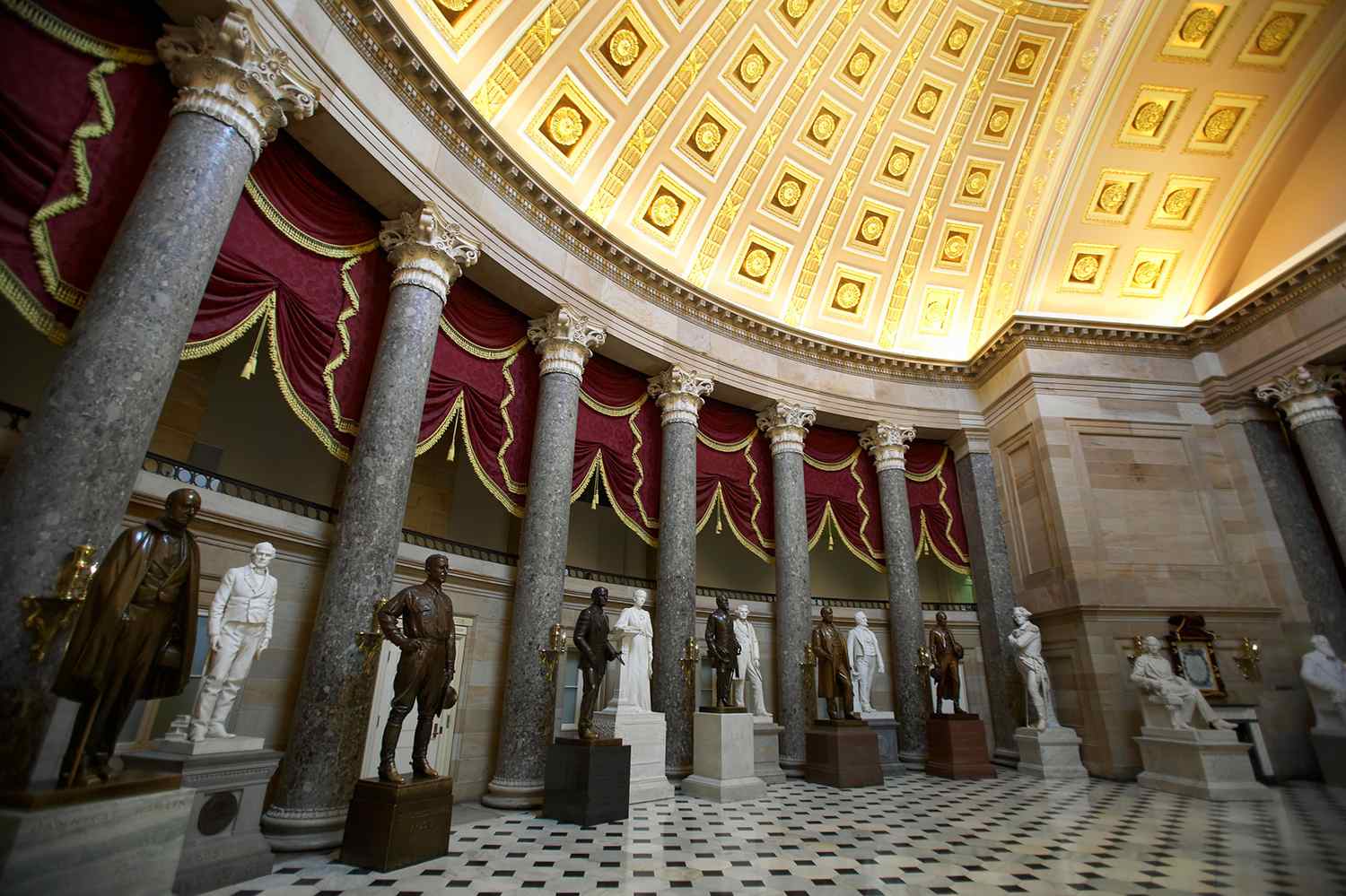The implementation of an executive order calling for a comprehensive review of federal loans and grants has ignited a legal battle, as multiple organizations and individuals challenge the freeze on funding imposed during the review process. The order, initiated by the executive branch, directs a detailed examination of all current federal lending and grant programs, aiming to assess their effectiveness and adherence to established guidelines. While the stated purpose of the review is to ensure fiscal responsibility and program integrity, the immediate consequence has been the temporary suspension of fund disbursements across numerous sectors. This freeze is affecting a diverse range of recipients, including universities, non-profit organizations, small businesses, and state and local governments, many of which rely heavily on these federal funds for their daily operations and long-term projects. The legal challenges filed against the executive order argue that the funding freeze exceeds the executive branch’s authority, and is causing substantial financial hardship and programmatic disruption. Plaintiffs in the lawsuits contend that the order was implemented without due consideration for its impact on beneficiaries and without adequate justification for the sweeping scope of the funding suspension. The lawsuits are seeking an injunction to immediately restore funding while the legal challenges are adjudicated. The courts will be considering whether the executive branch had the legal authority to issue such a broad order, what procedures were followed in the process, and whether the review process is being conducted fairly. The situation has further become contentious because the executive order was issued without prior consultation with stakeholders and Congress. This lack of transparency and the abrupt nature of the order have exacerbated concerns about the process and its potential long-term implications for federal funding mechanisms. The executive branch has defended the review as necessary to ensure responsible spending and to identify areas of waste or inefficiency within federal programs. However, critics assert that the review is politically motivated and intended to undermine programs favored by previous administrations. The legal proceedings are expected to be protracted, and the outcome could significantly affect how federal funding is administered in the future. The uncertainty surrounding the legal challenges has created significant anxiety among those dependent on federal funds, making planning difficult for organizations and government entities across the country. It has also raised questions about the checks and balances of power within the federal government and how executive actions may be scrutinized by the judiciary and the legislative branches. This ongoing legal battle underscores the tension between the executive branch’s prerogative to manage federal spending and the rights of those who rely on the funds for critical programs and services. The courts are now tasked with navigating the complex legal issues at hand, while the executive branch is tasked to justify its actions. The legal dispute is likely to continue to have a notable impact on the federal financial landscape until it is eventually resolved through the judicial system. This situation highlights the critical role of legal oversight in ensuring the government’s executive actions operate within the framework of the law and that due process is respected when making significant policy decisions. As the legal battle unfolds, the nation watches to see how the balance of power will be upheld and what precedent will be set for future executive actions regarding federal funds. This case will likely shape the way that federal funding reviews are handled in the future and set legal standards regarding the parameters of executive authority in such matters. The impact on current beneficiaries and the potential long-term implications on federal funding policies are substantial.
Federal Funding Review Sparks Legal Challenges



